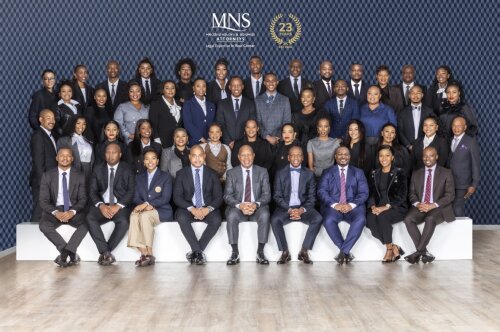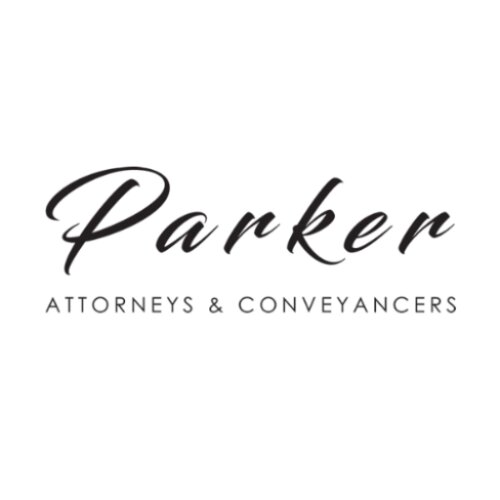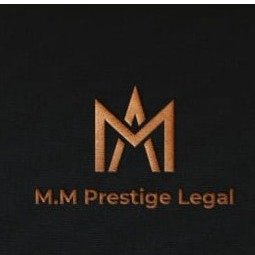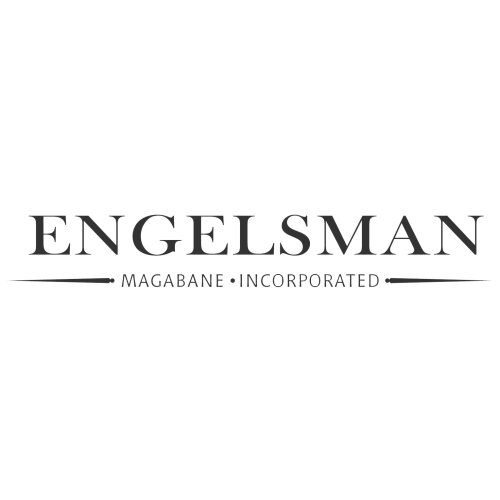Best Trademark Lawyers in South Africa
Share your needs with us, get contacted by law firms.
Free. Takes 2 min.
Or refine your search by selecting a city:
List of the best lawyers in South Africa
About Trademark Law in South Africa
Trademark law in South Africa is governed primarily by the Trade Marks Act No. 194 of 1993. This Act provides a framework for the registration, protection, and enforcement of trade marks. Trademarks are essential assets for businesses, serving as identifiers for goods and services, helping differentiate them from competitors. In South Africa, trademarks can include logos, names, and even sounds, shapes, and colors associated with a business. Rights to a trademark are established through registration, and once registered, they provide the owner with exclusive rights to use that mark for the goods and services it's registered under.
Why You May Need a Lawyer
While the trademark registration process might seem straightforward, various complexities can arise, necessitating legal assistance. Common situations where you may need a lawyer include:
- Conducting a thorough trademark search to ensure your mark doesn't infringe on existing trademarks.
- Navigating the complexities of filing a trademark application or responding to objections from the registry.
- Dealing with trademark infringement disputes, whether enforcing your trademark rights or defending against claims.
- Negotiating licensing agreements or transfer of trademark ownership.
- Advising on trademark renewal processes and strategies to maintain trademark protection.
Local Laws Overview
The cornerstone of South Africa's trademark laws is the Trade Marks Act, but other relevant legislations include the Counterfeit Goods Act, which offers protection against counterfeit products, and common law rights that protect unregistered trademarks under the principle of passing off. Key aspects to note:
- Registration Process: Trademarks must be distinctive and not confusingly similar to existing marks. The registration process can take up to two years.
- Renewal: A registered trademark is valid for ten years from the date of application and is renewable indefinitely every ten years.
- Infringement: Engaging in unauthorized use of a registered trademark is considered an infringement, subject to legal recourse including damages.
- Use Requirement: A trademark must be used within a five-year period post-registration, or it risks being removed for non-use.
Frequently Asked Questions
1. What can be trademarked in South Africa?
Names, logos, sounds, shapes, colors, and even slogans can be registered as trademarks if they distinguish goods/services of one entity from another.
2. How do I check if a trademark is already registered?
Conduct a trademark search using the Companies and Intellectual Property Commission (CIPC) system or consult a trademark attorney for a comprehensive search.
3. Can I register a trademark for free?
No, there are fees associated with the trademark registration process, and engaging a lawyer may incur additional costs for their services.
4. How long does trademark protection last?
A trademark is protected for ten years and can be renewed indefinitely every ten years, given it is still in use.
5. What happens if I do not use my trademark?
If a trademark is not used within a continuous period of five years, it may be subject to cancellation for non-use.
6. Can I use the ™ and ® symbols in South Africa?
The ™ symbol can be used with unregistered or pending applications, while the ® symbol is legally used for marks that are officially registered.
7. What is passing off?
Passing off is a common law principle used to protect the goodwill of an unregistered trademark by preventing others from misrepresenting goods or services as those of the trademark owner.
8. How much does it cost to register a trademark in South Africa?
The costs vary, including official fees and possible legal fees. It’s advisable to consult with the CIPC or a trademark attorney for precise quotes.
9. Can foreign companies register trademarks in South Africa?
Yes, foreign companies can register trademarks in South Africa, typically requiring a local address for service of documents, often arranged through a legal representative.
10. How do I enforce my trademark rights?
Enforcement can involve sending cease and desist letters, engaging in negotiations, or pursuing litigation to stop infringing activities.
Additional Resources
For further information and assistance, consider contacting:
- Companies and Intellectual Property Commission (CIPC): An official body overseeing trademarks.
- South African Institute of Intellectual Property Law (SAIIPL): Provides resources and references for IP law professionals.
- World Intellectual Property Organization (WIPO): Offers international support and guidance on trademark law.
Next Steps
If you need legal assistance with trademark matters in South Africa, consider the following approaches:
- Consult with a qualified trademark attorney to guide you through the process, from registration to enforcement.
- Prepare all necessary documents and conduct preliminary searches to expedite your legal consultations.
- Engage with the CIPC for information on applications and registrations, ensuring compliance with all regulatory requirements.
Lawzana helps you find the best lawyers and law firms in South Africa through a curated and pre-screened list of qualified legal professionals. Our platform offers rankings and detailed profiles of attorneys and law firms, allowing you to compare based on practice areas, including Trademark, experience, and client feedback.
Each profile includes a description of the firm's areas of practice, client reviews, team members and partners, year of establishment, spoken languages, office locations, contact information, social media presence, and any published articles or resources. Most firms on our platform speak English and are experienced in both local and international legal matters.
Get a quote from top-rated law firms in South Africa — quickly, securely, and without unnecessary hassle.
Disclaimer:
The information provided on this page is for general informational purposes only and does not constitute legal advice. While we strive to ensure the accuracy and relevance of the content, legal information may change over time, and interpretations of the law can vary. You should always consult with a qualified legal professional for advice specific to your situation.
We disclaim all liability for actions taken or not taken based on the content of this page. If you believe any information is incorrect or outdated, please contact us, and we will review and update it where appropriate.
Browse trademark law firms by city in South Africa
Refine your search by selecting a city.














